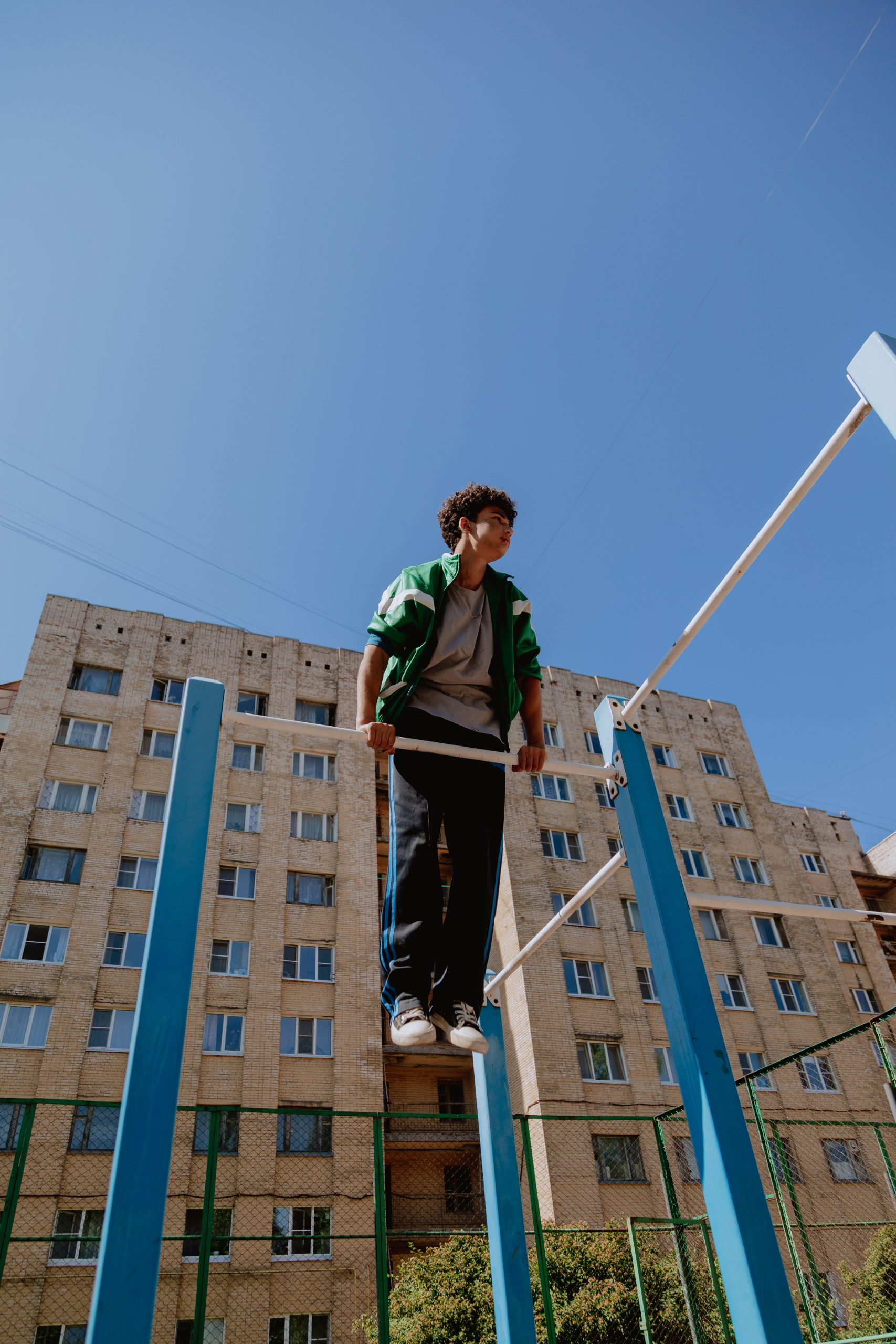A Breakthrough Treatment Discovered in Clinical Trial
- A boy diagnosed with a rare and aggressive brain tumor at six years old was given mere months to live. However, at 13, the brain tumor has since vanished from scans after he participated in a clinical trial (BIOMEDE trial) offering a breakthrough treatment.
- The teen was given everolimus – a targeted therapy cancer drug – that works by targeting proteins that control how cancer cells grow. The U.S. Food and Drug Administration (FDA) has approved it for some breast, pancreatic, gastrointestinal, lung, and kidney cancers so far.
- Researchers are now studying the specific gene mutations from the boy’s brain tumor to learn how more children diagnosed with diffuse intrinsic pontine glioma (DIPG) – which carries a less than 10% survival rate – can be treated.
- Clinical trials help doctors better understand cancer and discover more effective treatment methods. They also allow patients to try a treatment before it’s approved by the U.S. Food and Drug Administration (FDA), which can potentially be life-changing.
- Despite the great benefits of clinical trials, they also come with risks (like potential side effects that are not fully understood yet). People interested in participating in clinical trials must first talk with their doctor to see if they would be a good fit.
A breakthrough treatment has given a family of a teenager diagnosed with a rare brain tumor much to be grateful for. Lucas was six years old when he was diagnosed with an aggressive brain tumor with a 10-percent chance of survival. Most children diagnosed live less than a year after their diagnosis. However, Lucas is defying the odds thanks to treatment in a clinical trial that offered him hope.
Lucas was diagnosed with diffuse intrinsic pontine glioma (DIPG). This aggressive form of cancer occurs in children and forms in the brainstem. Most patients have a “less than 10%” chance of surviving beyond two years after diagnosis, the National Cancer Institute (NCI) says.

“I told his parents that we would try to contain the disease for as long as possible (via radiation therapy) but that we would not be able to cure him,” Grill explained to French news outlet “20 Minutes.”
Then, Lucas found hope in a clinical trial called the BIOMEDE trial for diffusing intrinsic pontine glioma.
The Clinical Trial that Gave Lucas and Others Hope
Clinical trials help doctors better understand cancer and discover more effective treatment methods. They also allow patients to try a treatment before it’s approved by a regulating authority such as the U.S. Food and Drug Administration (FDA) in the United States.
BIOMEDE trial tests new drug treatments for DIPG. Lucas was given everolimus, which is a targeted therapy cancer drug. Targeted therapy drugs target proteins that control how cancer cells grow. Everolimus may appear under the brand names Afinitor, Votubia, and Zortress in the United States. The FDA has approved it for some breast, pancreatic, gastrointestinal, lung, and kidney cancers.
Lucas responded well to the treatment.
“Over a series of MRI scans, I watched as the tumor completely disappeared,” Grill told Agence France-Presse.
Doctors believe due to Lucas’ tumor mutation or “biological particularities,” the drug treatment responded well.
“Lucas beat all the odds,” Grill said as he’s now in remission. Seven other children who participated in the clinical trial also survived well beyond the typical life expectancy for DIPG. Still, Lucas was the only one whose tumor no longer appeared in scans.
Researchers continue to study why Lucas’ tumor type responded so well to the treatment.
Expert Resources on Clinical Trials
Why Clinical Trials Offer Hope
Within the U.S., all new drugs must go through clinical trials before the FDA approves them. Although the rewards of clinical trials can be great, they also come with risks. Talking to your doctor about this before enrolling in a trial is important. Some risks to consider include:
- The risk of harm and/or side effects due to experimental treatments
- Researchers may be unaware of some potential side effects of experimental treatments
- The treatment may not work for you, even if it has worked for others
Dr. Beth Karlan is a gynecologic oncologist at UCLA Health. She says the goal with clinical trials is to advance cancer research to a point where the disease becomes akin to diabetes, where it becomes a manageable condition.
“Clinical trials hopefully can benefit you, but they also provide vital information to the whole scientific community about the effectiveness of these treatments,” Dr. Karlan said.
“They can be life-saving. We’ve seen many in the last few years of children and adults who have participated in trials and have had miraculous results,” Dr. Karlan continued.
WATCH: Clinical trials can be life-saving.
Before you enroll in a trial, you must be allowed to read the consent documents thoroughly and to ask any questions you may have. The documents will likely contain the following:
- The purpose of the research
- Any risks and benefits expected from the research
- Information about procedures that may cause discomfort (like frequent blood tests)
- Any alternative procedures the patient might consider instead
- How the patient’s information will be kept private
- How long the study is expected to take
- A form confirming you are participating in research voluntarily
- Whether any compensation or additional medical care is available if some sort of injury occurs
- The patient’s rights (like the right to stop research in the middle of the trial)
- Contacts for any patient questions
Patients are allowed to walk away at any time during the trial. Understanding your rights as a voluntary patient is important before you participate in a clinical trial, and understanding that the treatment may not work is also crucial.
Learn more about SurvivorNet's rigorous medical review process.
